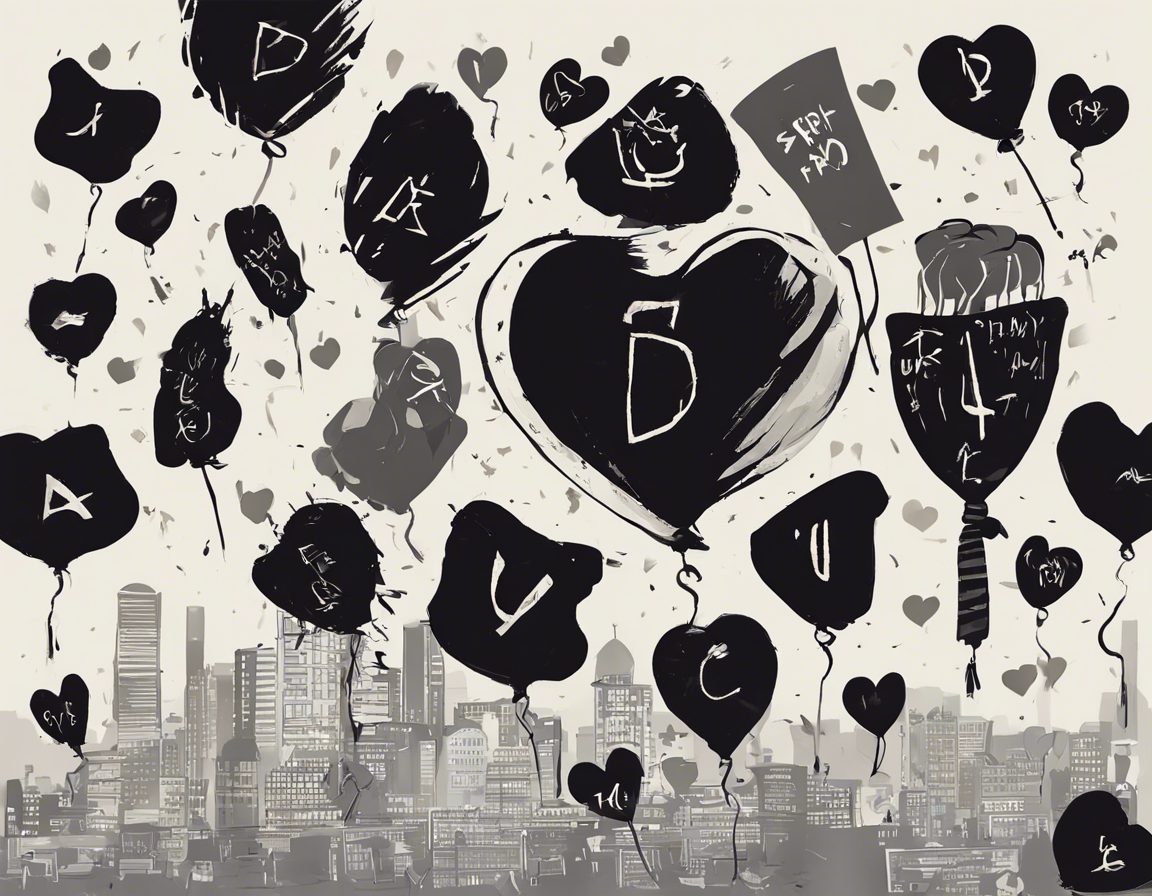February 14th is widely known and celebrated around the world as Valentine’s Day, a day dedicated to love, romance, and companionship. However, for some people, especially those in certain regions of South Asia, this date holds a different significance – it is also known as Black Day. Black Day is a day to acknowledge and mourn the struggles and sacrifices of those who have suffered in the pursuit of freedom and justice. This article aims to explore the history and importance of Black Day on February 14th.
The Origin of Black Day
The roots of Black Day can be traced back to the partition of India in 1947. On this day, the subcontinent was divided into two independent nations – India and Pakistan. The partition led to widespread violence, mass migrations, and loss of life as communities were torn apart based on religious lines. The day is remembered for the immense human suffering and the scars it left on the collective memory of the people.
Significance of Black Day
Black Day is observed as a day of mourning, remembrance, and reflection on the tragedies of the past. It serves as a reminder of the untold hardships and atrocities faced by countless individuals during the partition. The day also symbolizes the resilience and courage of those who survived the horrors of partition and rebuilt their lives from scratch.
Commemorating the Victims
Black Day is an occasion to honor the memory of the victims who lost their lives during the partition. It is a time to pay homage to the men, women, and children who perished in the violence and bloodshed that accompanied the tumultuous events of 1947. By acknowledging Black Day, we recognize the suffering of those who were caught in the crossfire of history and ensure that their stories are not forgotten.
Promoting Unity and Harmony
While Black Day is a solemn occasion, it also carries a message of hope and unity. By coming together to commemorate the tragedies of the past, people can work towards building a more inclusive and harmonious society. Black Day serves as a powerful reminder of the importance of peace, tolerance, and understanding in creating a better future for generations to come.
Educating Future Generations
Celebrating Black Day is an opportunity to educate young people about the complex history of the subcontinent and the lasting impact of partition. By learning about the events of 1947 and their consequences, the next generation can appreciate the importance of unity, empathy, and respect for diversity. Through education and awareness, we can prevent the mistakes of the past from being repeated in the future.
FAQs about Black Day:
1. What is the significance of Black Day on February 14th?
Black Day is observed to remember the tragedies of the partition of India in 1947 and to honor the memory of the victims who lost their lives during that tumultuous period.
2. How is Black Day different from Valentine’s Day?
While Valentine’s Day is a celebration of love and romance, Black Day is a day of mourning and remembrance for the suffering and sacrifices of those affected by the partition of India.
3. How can people commemorate Black Day?
People can commemorate Black Day by attending remembrance ceremonies, paying homage to the victims, educating others about the history of the partition, and promoting unity and harmony in society.
4. Why is it important to acknowledge Black Day?
Acknowledging Black Day is important to ensure that the stories of the partition victims are not forgotten, to promote peace and unity, and to educate future generations about the consequences of division and hatred.
5. How does Black Day promote awareness and understanding?
By raising awareness about the tragedies of the partition, Black Day encourages people to empathize with the suffering of others, to learn from the mistakes of history, and to work towards a more harmonious and inclusive society.
